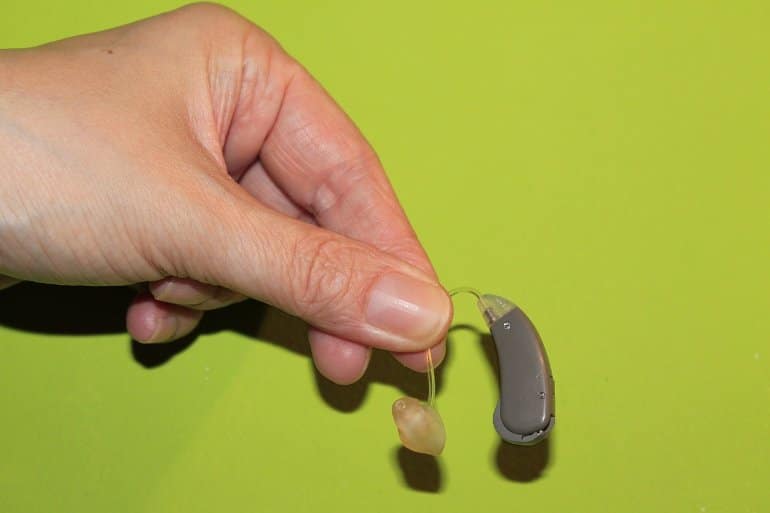
Furthermore, the use of these devices led to a 3% improvement in cognitive test scores, including an individual’s ability to problem solve.
We also need to know who is most at risk and could benefit most from interventions like hearing aids.
“Association of Hearing Aids and Cochlear Implants With Cognitive Decline and Dementia” by Brian Sheng Yep Yeo et al.
Association of Hearing Aids and Cochlear Implants With Cognitive Decline and Dementia.Hearing loss is associated with cognitive decline.To evaluate the associations of hearing aids and cochlear implants with cognitive decline and dementia.Randomized clinical trials or observational studies published as full-length articles in peer-reviewed journals relating to the effect of hearing interventions on cognitive function, cognitive decline, cognitive impairment, and dementia in patients with hearing lossTwo authors independently searched the PubMed, Embase, and Cochrane databases for studies relating to the effect of hearing interventions on cognitive decline and dementia in patients with hearing loss
Meta-analysis of 8 studies, which had 126 903 participants, had a follow-up duration ranging from 2 to 25 years, and studied long-term associations between hearing aid use and cognitive decline, showed significantly lower hazards of any cognitive decline among hearing aid users compared with participants with uncorrected hearing loss (HR, 0.81; 95% CI, 0.76-0.87; I2 = 0%)
Additionally, meta-analysis of 11 studies with 568 participants studying the association between hearing restoration and short-term cognitive test score changes revealed a 3% improvement in short-term cognitive test scores after the use of hearing aids (ratio of means, 1.03; 95% CI, 1.02-1.04, I2 = 0%)
In this meta-analysis, the usage of hearing restorative devices by participants with hearing loss was associated with a 19% decrease in hazards of long-term cognitive decline